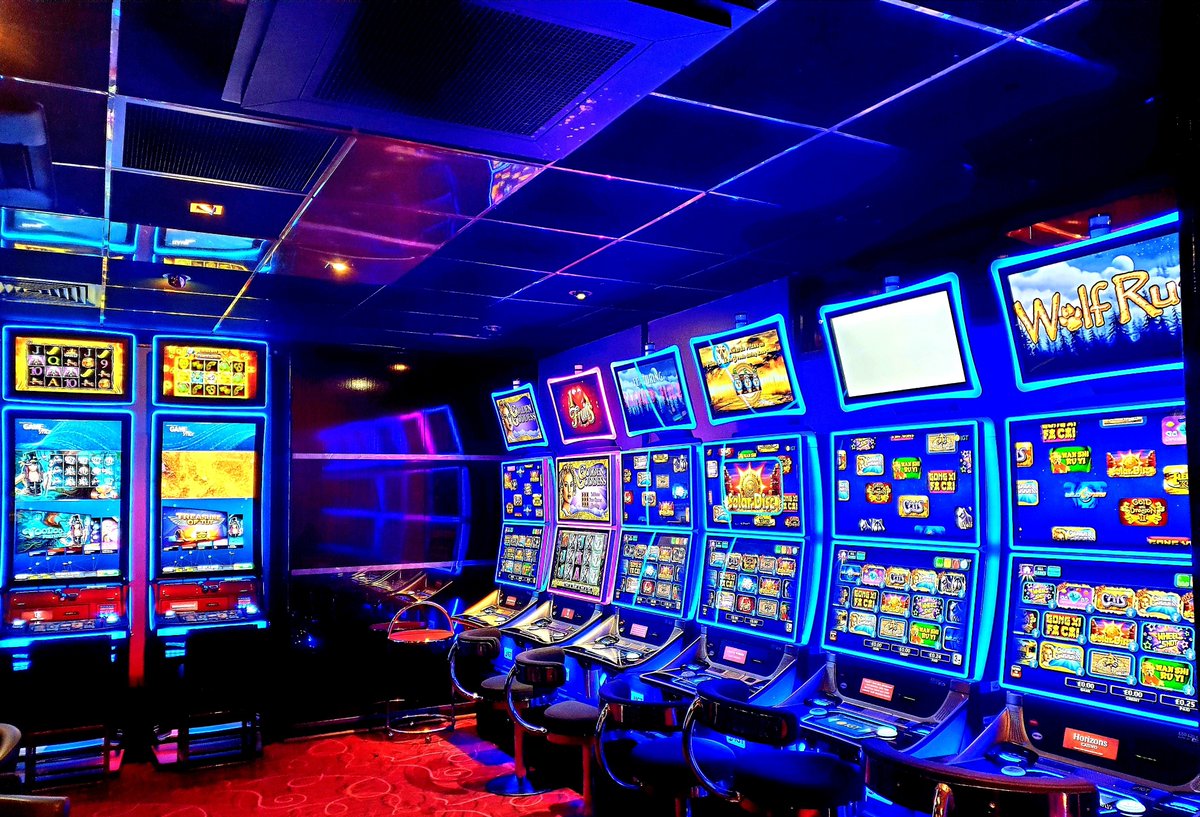Gambling games have long been a staple in human culture, offering not just entertainment but a intriguing reflection of our hopes, wishes, and concerns. From the rotating wheels of a slot machine to the strategic gameplay of poker, these games encapsulate a variety of human emotions and events. At their core, casino games are more than a chance to win money; they are a microcosm of life itself, where risk versus reward merge and fortunes can change in an instant.
As players assemble around tables or sit in front of brightly lit machines, they take part in a ceremony that transcends mere playing. These games mirror our instinctive desires for connection, adventure, and the search for fortune. They also disclose deeper truths about human psychology, such as our relationship with fate and the thrill of risk. In exploring casino games, we reveal not only the mechanics of play but also the complex weave of the human journey, showcasing our intertwining narratives of hope and reality.

The Psychology of Gambling
Wagering is deeply rooted in the psyche of individuals, appealing to various feelings and desires. The thrill of risk-taking is a fundamental aspect that attracts participants, be it the thrill of spinning a roulette or the anticipation of drawing a winning hand in poker. This rush of adrenaline is often compared to other forms of excitement, as the uncertainty of outcomes triggers a distinct psychological response. Players often find themselves entranced by the chance of striking it rich, leading to an irresistible draw toward casino games.
Additionally, a crucial component of the psychology behind gambling is the concept of optimism and ambition. Participants often nourish dreams of financial freedom and the opulent lifestyle that can follow winning. This hope fuels their continued participation in casino games, as it provides a sense of meaning and the conviction that a transformative win could be just one wager away. The story of overcoming odds and achieving success resonates with many, reinforcing their dedication to play and involve themselves with these games.
Lastly, social dynamics play a crucial role in gambling psychology. Casino environments are designed to promote social interaction, where players gather to share the experience of wins and losses. This communal aspect not only amplifies enjoyment but also affects behavior, as individuals often imitate the actions of others in their vicinity. The social validation found in mutual thrill can enhance the emotional experience, making casino games a reflection of not just personal desires but also collective engagement within the gaming community.
### Risk and Reward: A Double-Edged Sword
Casino games embody the fragile balance between danger and reward that resonates profoundly with human nature. The excitement of placing a bet is often accompanied by a rush of adrenaline, as gamblers are confronted with the prospect of winning big, yet cognizant of the potential to lose. This dual experience reflects a core aspect of life: the decisions we face often come with inherent risks, and the chase for gain can push us to make risky moves we might not typically consider. In this way, casino games mirror real-world choices, enticing players to risk not just their funds, but also their dreams.
The allure of grand jackpots and winnings fuels a wave of hope, encouraging players to envision a better future that could arise from a single victorious spin of the roulette or flip of a card. This hope can compel individuals to engage in more daring actions, encouraging them to take greater risks in search of economic benefit. OKE179 However, just as in life, the consequences of these risks can lead to both victory and loss. The narratives of both big winners and those who have lost everything at the casino demonstrate the random nature of luck and its significant repercussions on our existence.
Ultimately, the experience of engaging with casino games serves as a vivid illustration of the human condition. Every session played is loaded with the tension of ambiguity, as players weigh the gains against the dangers. This dynamic not only highlights the excitement that comes with betting but also exposes the risks that come with the urge for more. As we journey through the complexities of choice and consequence in both the gambling world and in life, we find that the quest for gain shapes our identities and experiences in profound ways.
Society and Loneliness in Gambling Culture
Gambling environment is a distinct blend of communal interaction and individual pursuit, reflecting the tensions of human experience. Players often gather around tables, experiencing in the excitement of the game, rejoicing in wins, and commiserating over losses. This social aspect is essential, as it establishes a sense of community and bonding among varied groups of people. Regular attendees to gaming establishments may build friendships and develop routines, turning the gambling venue into a alternative home where they experience connected to a greater community of gamblers.
However, the allure of casino activities can also result to loneliness. As players become engrossed in the thrill of gambling, they may withdraw from personal relationships or neglect to engage with the environment outside the casino. For some, the search of a jackpot can overshadow real relationships, leading to isolation. The situation of being among people yet experiencing solitary is not rare, as the focus shifts from collective fun to the private stakes of each individual’s path.
This interaction of community and isolation creates a vivid tapestry that defines gaming culture. It highlights the intricacy of social interactions, where happiness and despair coexist. Gambling venues serve as both a sanctuary for social engagement and a platform for individual struggles, illustrating how intimately connected our yearning for connection and the personal quest for wealth can be. In navigating this landscape, gamblers confront their own stories—seeking both the rush of the game and the fellowship of fellow gamblers, eventually reflecting the broader spectrum of human experience.